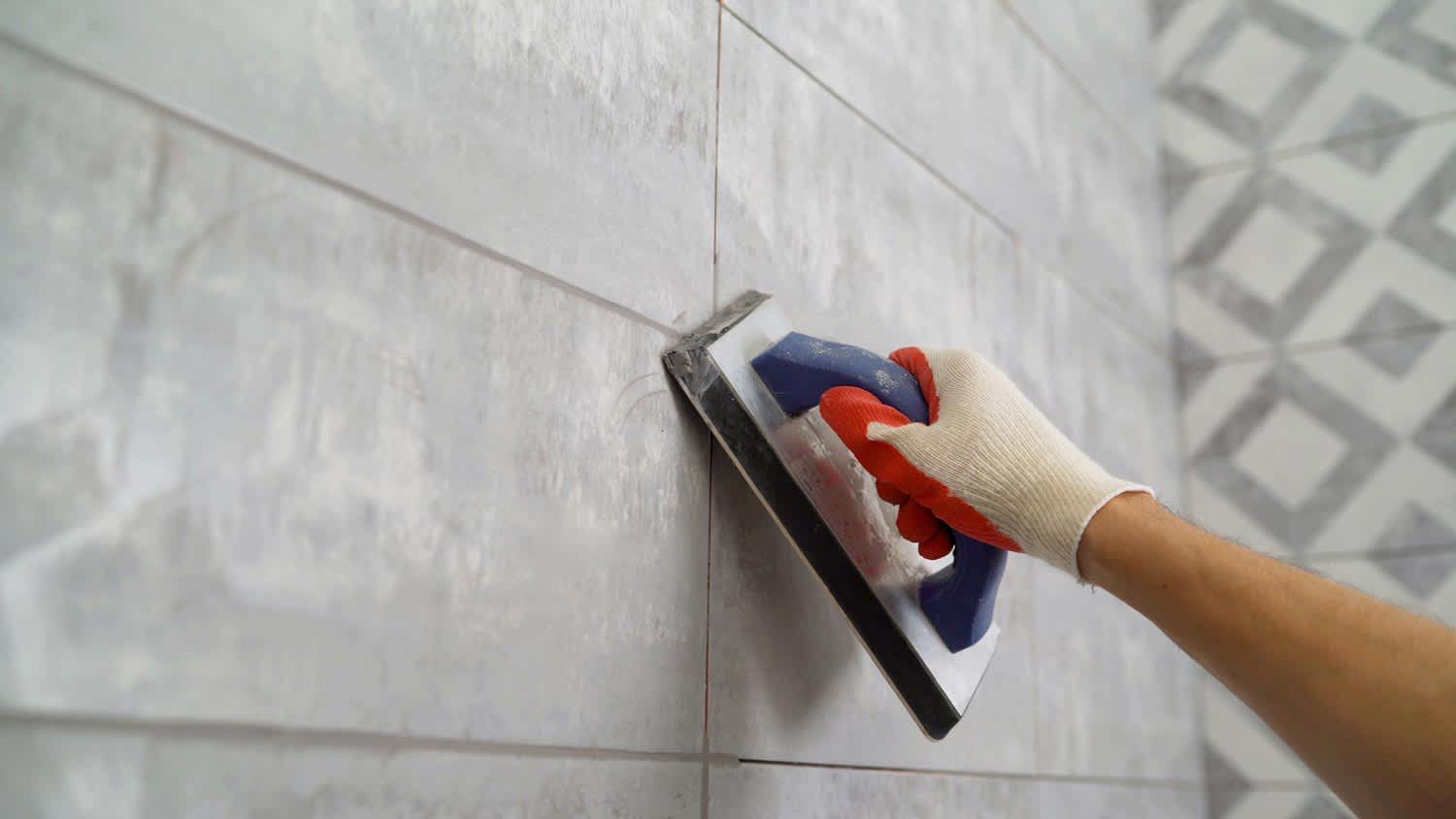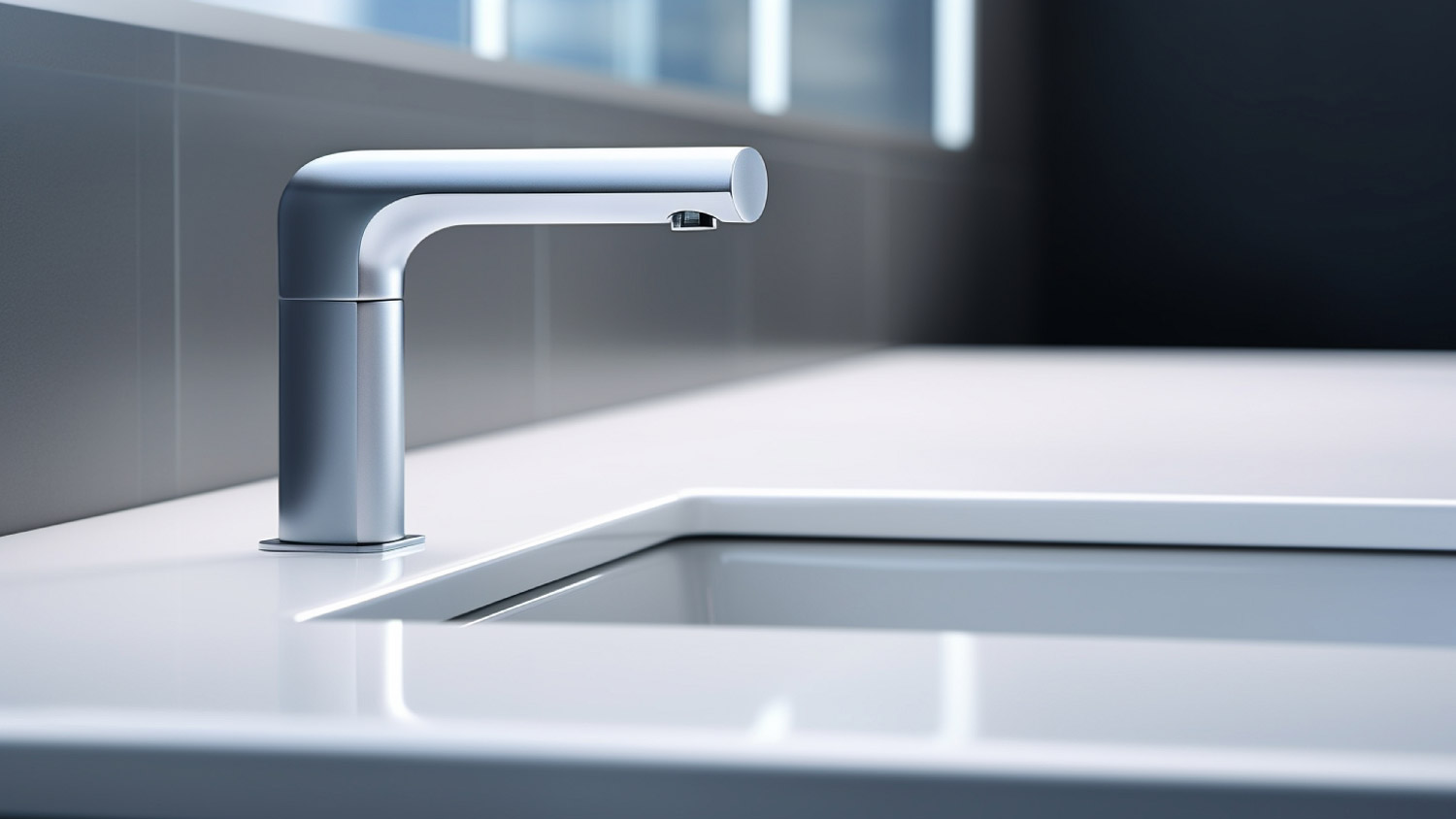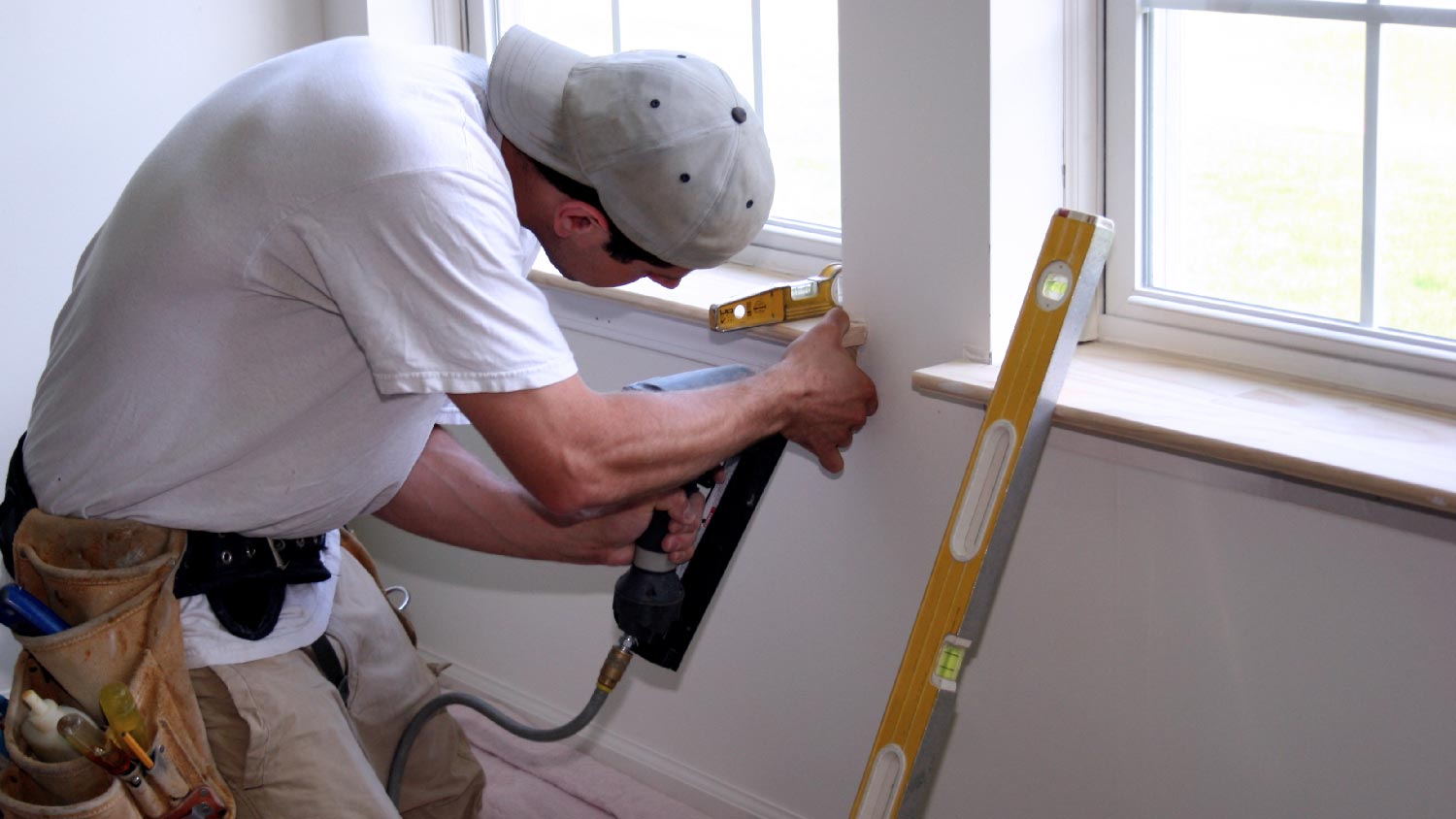
Discover the cost to replace drain pipes in a house based on common cost factors such as the pipe type, location, labor fees, and additional repairs.
A tile contractor is the best pro to regrout a shower


Regrouting refreshes your shower’s look and preserves its integrity. A tile contractor is the top choice.
Expect to pay $600 to $2,500 total, or $10 to $25 per square foot, with an average of $1,500.
Your total costs vary by grout type, shower size, and the amount of grout needed.
Regrouting pros ensure waterproofing, thorough prep, sealant recommendations, and efficient completion to reduce disruption.
This article was created using automation technology and thoroughly fact-checked and edited by HomeAdvisor Editor Ryan Noonan.
If you are deciding who to hire to regrout a shower, start with a tile contractor. These specialists remove failing grout, apply new grout with precision, and address waterproofing to keep your shower protected.
A handyperson handles simple, small-scale touch-ups, but larger or intricate jobs benefit from a tile contractor’s focused tile-and-grout expertise.
Hiring a tile contractor ensures skilled grout removal, precise application, and durable waterproofing. These pros help you select the right grout and color, assess the area for damage or mold, and properly prepare the surface. Their efficient workflow limits disruption and delivers a clean, long-lasting finish that protects your shower’s appearance and integrity.
Some of the top benefits of working with a tile pro include:
Deep expertise with tile and grout
Fully removes old grout before regrouting
Guides grout type, color, and finish choices
Identifies and addresses water damage or mold
Thorough prep for strong adhesion and durability
Works efficiently to limit downtime
Applies grout in small sections to prevent drying
Cleans excess grout for a flawless surface
Recommends sealant to extend grout lifespan
Seals and waterproofs to help prevent future issues
A handyperson can be a reasonable option for small, straightforward regrouting tasks. Because skill and experience vary, ask for references or examples of similar tile work and confirm their quality standards. This route may be more budget-friendly, but it is best for simple scopes.
For bigger or more intricate projects with extensive tile work, hire a specialized tile contractor near you to ensure quality and durability.
Here is how a tile contractor approaches regrouting to deliver consistent, lasting results:
Inspect grout and tiles for damage, mold, or repairs needed
Remove old grout with specialized tools to achieve an even surface
Mix new grout per the manufacturer's specifications
Apply grout with a float, working in small sections to prevent premature drying
Clean excess grout from tile surfaces with a damp sponge
Allow grout to fully cure
Recommend applying a sealant to protect grout and extend its lifespan
The cost to regrout a shower ranges from $600 to $2,500, or $10 to $25 per square foot, with an average of $1,500. Your price varies based on the type of grout used, the size of your shower, and how much grout the pro needs. These factors influence both material and labor time, with more extensive projects incurring higher costs.
From average costs to expert advice, get all the answers you need to get your job done.

Discover the cost to replace drain pipes in a house based on common cost factors such as the pipe type, location, labor fees, and additional repairs.

Budget for tile and grout cleaning costs based on factors such as grout type, cleaning method, repairs, square footage, labor, and more.

Budget for how much it costs to repair blinds based on factors such as blind type, size, location, warranties, replacements, labor, and more.

Who replaces faucets? Learn whether to hire a plumber or handyperson, how pros do it, and faucet replacement costs before you book.

Wondering who to hire to replace a sill plate? Learn why a structural engineer and a foundation repair company are the right pros to call

Who replaces window sills? Learn when to hire a window repair company vs. a handyperson or carpenter and what affects cost